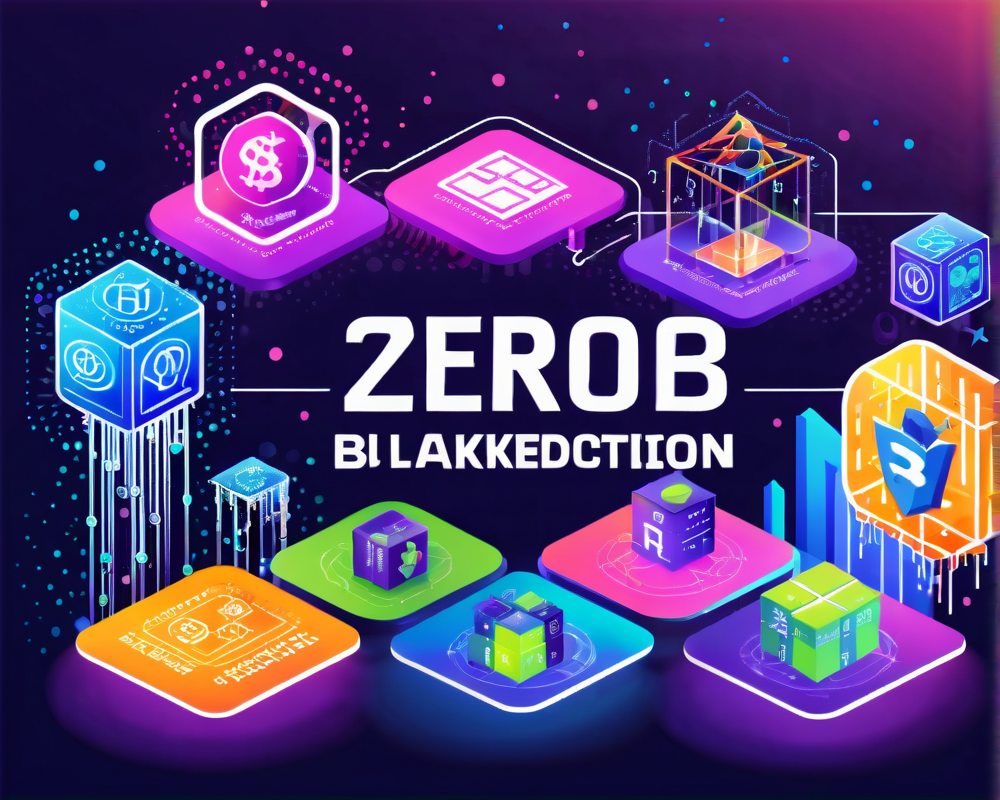The Rise of Enterprise Blockchain in 2021
Ah, 2020! The year that will go down in history for many wild reasons, including the unexpected kick of growth in blockchain technology. According to the recent report from Forrester, we are finally seeing enterprise blockchain and distributed ledger technology (DLT) step out of the shadows. Martha Bennett, a savvy principal analyst at Forrester, hinted that about 30% of global blockchain projects are gearing up for production in the coming year.
COVID-19: A Catalyst for Blockchain Growth
Let’s face it, the pandemic has been a party crasher and an unexpected booster for the blockchain space. Companies that previously haphazardly dabbled in blockchain are now diving deep into the pool to sort out their inefficiencies. Bennett pointed out, with time on their hands, they realized it’s not just about reducing personnel but also about speeding up processes. Less time to resolve discrepancies? Yes, please!
Development Challenges and Long-Term Visions
However, don’t pack away your skepticism just yet. While there’s no shortage of enthusiasm for DLT, Bennett warns that many long-term projects, especially in financial services, are stuck in regulatory limbo. And let’s be honest, nobody enjoys the slow pace of regulatory adjustments—kind of like watching paint dry with no pizza delivery in sight. This is the reality as banks look to sort out long-term DLT-related plans.
Enterprise Blockchain Platforms to Watch
- Alibaba
- IBM
- Microsoft
- Oracle
Most of the ambitious initiatives moving forward seem to swing on the cloud-based enterprise blockchain platforms, powered by the giants mentioned above.
Zero-Knowledge Proofs: The Tech Behind the Curtain
One of Forrester’s standout predictions revolves around the increasing necessity of zero-knowledge proofs (ZKPs). Bennett succinctly stated, ‘ZKPs could hold the key to confidentiality and that’s no laughing matter.’ In layman’s terms, ZKPs enable entities to prove something without revealing the actual data itself—kind of like showing off your shiny new car without giving away the plate number.
Trailblazers in ZKP Development
Big players like Ernst & Young are already forging ahead with ZKPs through their Nightfall initiative, which aims to enable private transactions on blockchains while keeping data locked tight. Paul Brody from EY gave a heads-up that making ZKPs user-friendly is key to bringing more developers into the fold as they face the jazzy yet complex coding environment. The goal? Shift from DApps to ZApps—who wouldn’t want to join the cool kids table?
Decentralized Finance and its Mixed Messages
Now, as we step into the roaring future, Forrester’s report threw a curveball about decentralized finance (DeFi) and its potential drawbacks for public blockchain adoption. With so many shady dealings happening in the DeFi space, some enterprises are becoming apprehensive about public blockchains looking all Wild West.
Hope on the Horizon
But fear not! Industry players like Kyle Thomas believe public blockchains will eventually win over the big leagues just as they now view the internet. So, while DeFi might make enterprises cautious today, the future might just paint a different, more positive picture for public blockchain applications. That’s like saying every flavor of ice cream is worth trying—even the mystery swamp flavor!
Conclusion: The Blockchain Landscape Ahead
The landscape for blockchain technology is evolving at breakneck speed, fueled by market demands, regulatory considerations, and tech innovators willing to tackle challenges. As we forge ahead, it’s clear that blockchain will continue to blur the lines between financial structures and operational efficiency, given time and the right resources. It’s not just a trend; it’s a transformation, folks!




